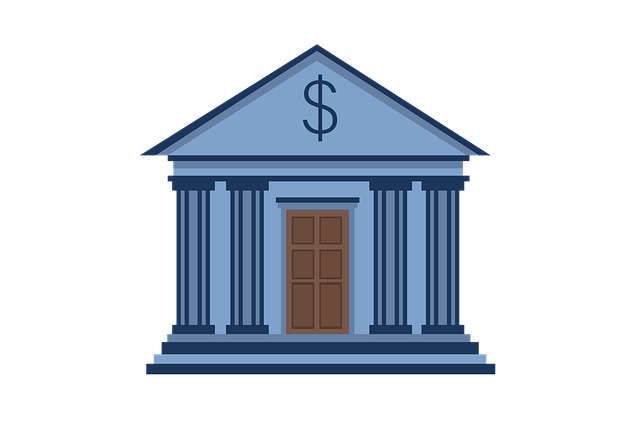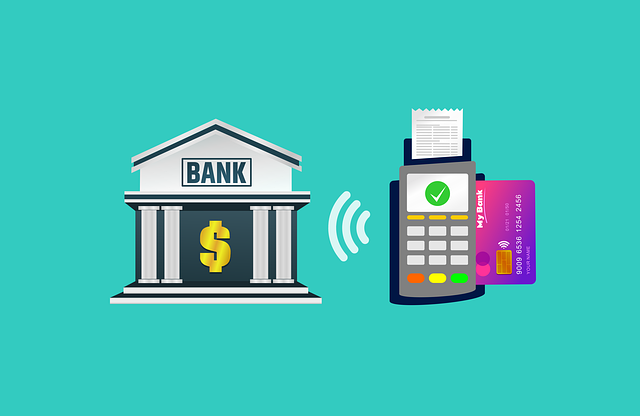Choosing the right lender involves understanding your financial needs, comparing lender interest rates and terms, negotiating for better deals, and assessing their reputation. Evaluate options by examining rates, fees, repayment schedules, and borrower protections. Negotiate to secure competitive rates tailored to your budget, ensuring long-term responsible debt management with a reputable lender.
Choosing the right lender is a crucial step in securing a loan that aligns with your financial needs and goals. This comprehensive guide will walk you through every step of the process, from understanding your requirements to negotiating the best deal. We’ll delve into evaluating lender options by examining interest rates, terms, and conditions, as well as assessing their reputation and trustworthiness. By following these strategies, you’ll be well-equipped to choose a lender that offers favorable terms and a solid track record.
- Understanding Your Financial Needs and Goals
- Evaluating Lender Options: Factors to Consider
- Comparing Interest Rates and Terms
- – A. Fixed vs. Variable Interest Rates
- – B. Loan Term Length
Understanding Your Financial Needs and Goals

Understanding your financial needs and goals is a critical first step in the journey to choosing the right lender. Before engaging with any lending institution, take time to assess your unique circumstances. Are you seeking a mortgage for your dream home purchase? Or do you need a personal loan to cover unexpected expenses? Defining these requirements will help you narrow down lender options that align with your needs. Additionally, setting clear financial goals—whether it’s saving for retirement, investing in education, or funding a business venture—can guide your evaluation process.
When evaluating lender options, consider various factors such as interest rates, repayment terms, and hidden fees. Negotiating with lenders is also an essential aspect of securing the best deal. Don’t shy away from comparing multiple offers and shopping around to find a lender known for their reputable service, transparent practices, and customer satisfaction. A solid reputation can ensure peace of mind throughout the lending process and beyond.
Evaluating Lender Options: Factors to Consider

When it comes to choosing the right lender, evaluating your options is a crucial step in securing the best financial deal. Start by comparing lender interest rates and terms and conditions across different institutions. Look for competitive rates and flexible terms that align with your borrowing needs. It’s also essential to consider each lender’s reputation; check online reviews, talk to friends or family who have taken out loans, and assess their track record for customer satisfaction.
During the evaluation process, don’t be afraid to negotiate with lenders. Compare quotes from multiple sources and feel empowered to ask questions about potential fees or hidden charges. Remember that transparency is key when dealing with lenders; clear communication can help you avoid surprises later down the line. By carefully weighing these factors, you’ll be better equipped to select a lender who suits your financial goals and offers terms that are fair and beneficial to you.
Comparing Interest Rates and Terms

When evaluating lender options for a loan, comparing interest rates and terms is paramount in the process of choosing the right lender. Each lender will offer different rates based on their financial health, risk assessment, and market conditions. Lowering your interest rate can significantly impact the total cost of your loan. It’s crucial to shop around and negotiate with lenders to secure the best possible rate.
Don’t overlook the importance of examining lender terms and conditions. These go beyond just the interest rate. Consider factors such as fees, repayment schedules, prepayment penalties, and borrower protections. A reputable lender should be transparent about all associated costs and have flexible terms that align with your financial needs. Building a strong relationship with a lender who has a proven track record of fairness and reliability is key to managing your debt responsibly in the long term.
– A. Fixed vs. Variable Interest Rates

When considering a loan, understanding the difference between fixed and variable interest rates is crucial in your search for the right lender. Choosing the right lender involves evaluating each option based on their terms and conditions, especially the rate structure. Fixed rates offer consistency throughout the loan term, making it easier to budget as the monthly payments remain constant. This stability is beneficial when planning a long-term financial strategy. On the other hand, variable rates fluctuate according to market conditions, potentially resulting in lower initial payments but leaving your future financial outlook uncertain.
During negotiations with lenders, inquire about potential changes in interest rates and how these adjustments might impact your repayments. A reputable lender will be transparent about their rate structures, allowing you to make an informed decision. Lender reputation is a significant factor; opt for institutions known for fair practices and clear communication. By considering these aspects, you can secure a loan with favorable lender interest rates and terms tailored to your needs, ultimately leading to better financial outcomes.
– B. Loan Term Length

When evaluating lender options, one key factor to consider is the loan term length. The term refers to the duration over which you’ll be repaying your loan, typically measured in years or months. A longer term means smaller monthly payments but more interest paid overall. Conversely, shorter terms come with higher monthly installments but less interest expenditure.
Negotiating with lenders can help tailor this term to fit your financial comfort zone and budget. Lender interest rates and terms and conditions significantly impact the total cost of borrowing, so it’s crucial to compare these aspects across different lenders. Additionally, looking into a lender’s reputation is vital; checking reviews and ratings ensures you’re dealing with a trustworthy institution that can provide a positive loan experience and potentially better terms.






